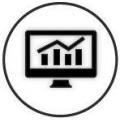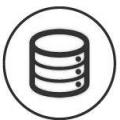This four-part, interactive workshop series is your complete introduction to programming Python for people with little or no previous programming experience. By the end of the series, you will be able to apply your knowledge of basic principles of programming and data manipulation to a real-world social science application.
Part 3 Topics:






